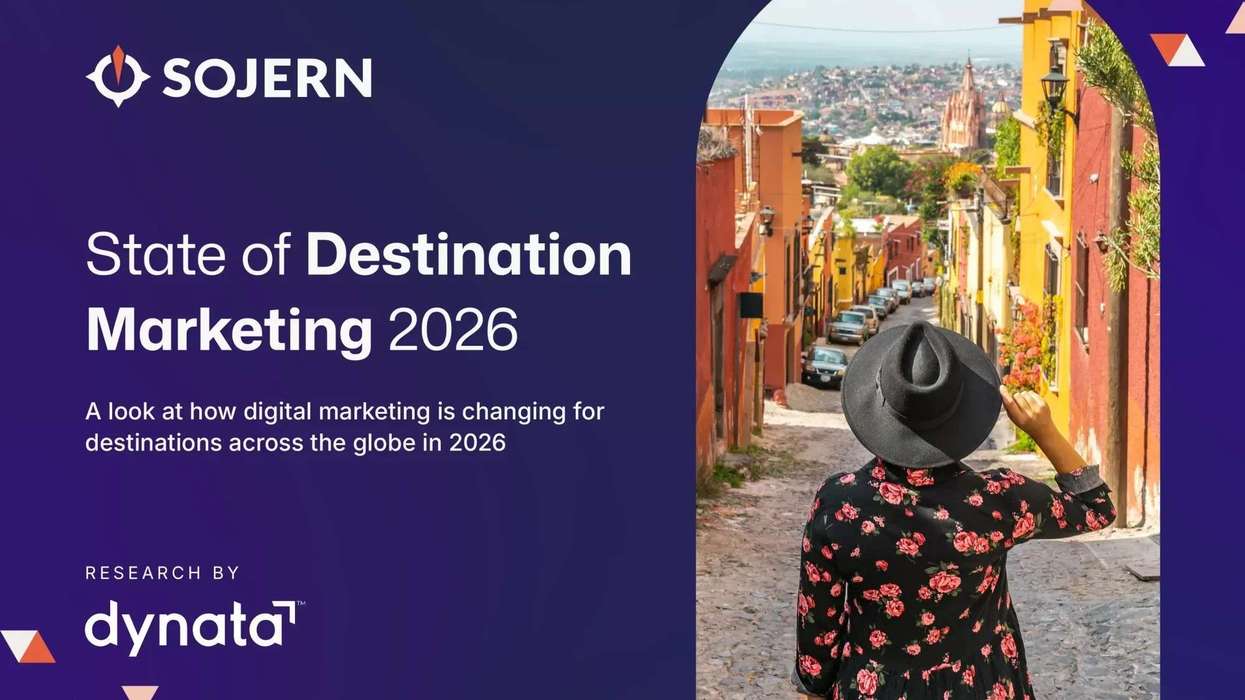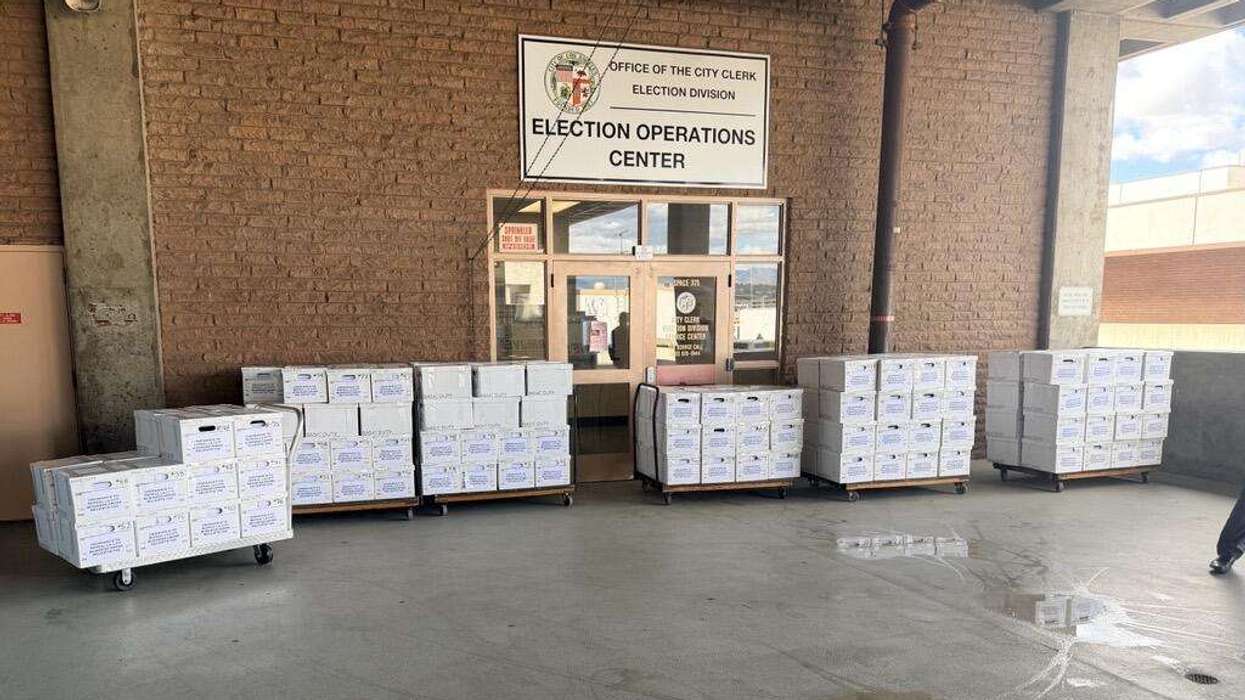THE FIRST QUARTER of 2020 was not good for most in the U.S. hotel industry, but it was less bad for extended-stay hotels, according to a new report from hotel investment advisors The Highland Group. Occupancy for the hotels was 14 percent better than the industry as a whole and, while room revenues dropped, those declines were less than 70 percent of what other hotels saw.
Recent first quarter earnings calls from Hilton and Extended Stay America also highlighted the resilience of the extended-stay model. Around 5 percent of extended stay rooms have temporarily closed as a result of the COVID-19 pandemic, a lower rate than the overall industry total, according to Highland Group’s 2020 First Quarter US Extended-Stay Lodging Market Report.
“The re-opening of mid-price and upscale extended-stay hotels will increase competition within the sector but should limit falls in overall extended-stay hotel ADR and help keep RevPar declines lower than the overall hotel industry,” said Mark Skinner, a partner at the Highland Group.
The news from the first quarter was not all positive. Demand dropped 7.1 percent in the quarter, the largest quarterly fall ever reported, and occupancy is still at its lowest since the fourth quarter of 2009.
“The first two months of 2020 were good for extended-stay hotels but the 38 percent fall in RevPar in March precipitated a 14.6 percent decline in RevPar year-to-date. While this is a smaller decline than the worst quarters of the 2008/2009 recession, the second quarter of 2020 should result in the largest quarterly RevPAR decline ever reported,” the report said. “Economy extended-stay hotels are expected to continue to be the best performing segment of the hotel industry during the foreseeable future.”
There were 487,615 extended-stay hotel rooms open at the end of first quarter, according to the report, and room nights available increased 3.5 percent over last year. Supply growth for the segment is the highest it’s been since the fourth quarter of 2015, primarily because so few economy extended-stay hotels closed.
Upscale extended-stay hotels saw the largest revenue losses of the quarter, and while economy extended-stay hotels were still seeing some revenue growth that is expected to contract in April. ADR dropped 5.3 percent, lower than the decline in overall hotel ADR.
“Extended-stay hotel rate discounting is usually deeper than the overall hotel industry during a downturn,” the report said. “Relatively large rate discounts in the mid-price segment managed yield effectively through limiting occupancy decline and the segment’s RevPAR decline was well below upscale extended-stay hotels and the overall hotel industry.”





